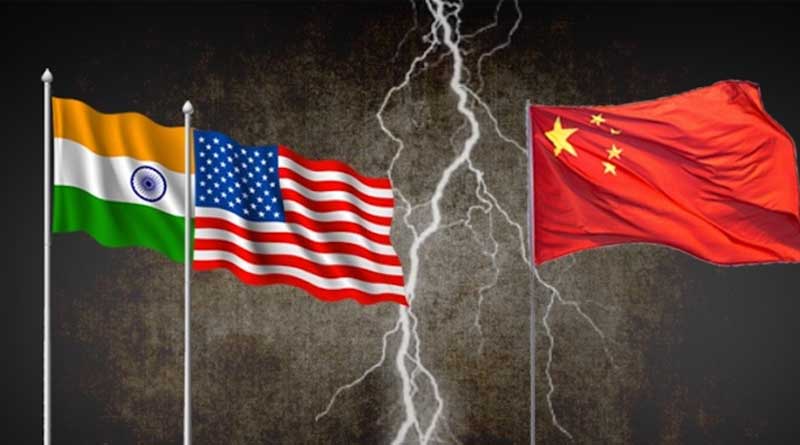Washington- China is a “pacing challenge” for the United States despite Russia’s ongoing war in Ukraine, the Pentagon said on Thursday in its latest National Defense Strategy, asserting that it would advance its major defence partnership with India to enhance its ability to deter Chinese aggression in the Indo-Pacific area.
The (Department of) defence will advance our Major Defense Partnership with India to enhance its ability to deter PRC (People’s Republic of China) aggression and ensure free and open access to the Indian Ocean region, said the new document that was released by the US Defense Secretary Lloyd Austin here.
According to the unclassified version of the report, China is a pacing challenge and Russia is an acute threat. The strategy has been developed to meet the challenges being posed by China and it takes into account the capabilities of its global friends and allies.
We are heavily invested in making sure that China does not attempt to use force to, for instance, take Taiwan, a senior defence official told a reporter here.
The Biden Administration, another defence official said, realised pretty quickly and clearly that the most comprehensive and serious challenge for US national security is the Chinese coercive and increasingly aggressive endeavour to refashion the Indo-Pacific region and the international system to suit its interests and authoritarian preferences.
The document also highlights the acute threat Russia poses to the US.
Recent events of course, very much underscore the acute threat posed by Russia. The national defence strategy took Russia’s intentions and actions into serious consideration as the strategy was being developed, the second defence official said.
The US is of course closely watching Russia’s increasing alignment with China and as such, the department’s current efforts and future initiatives account for Russia even as it addresses the Chinese challenge.
Additionally, I would know that we see the PRC and Russia posing more dangerous all-domain challenges to the safety and security of the US homeland even as we need to remain vigilant in the face of persistent homeland threats from terrorist groups. Meanwhile, other persistent threats including North Korea, Iran, and violent extremists continue to pose challenges to the homeland, to our allies and to our partners, said the defence official.
Responding to a question, the official said there has been tremendous growth in the relationship since the 2005 nuclear deal agreement between the then Prime Minister Manmohan Singh and the then US President George Bush.
There’s a lot of really good opportunity that’s in the defence, but also really beyond that space as well, the official said.
QUAD members, the official said, do see the security environment in the region in very similar ways.
We are all investing in our forces and trying to find new and innovative ways for us to collaborate, said the official.











